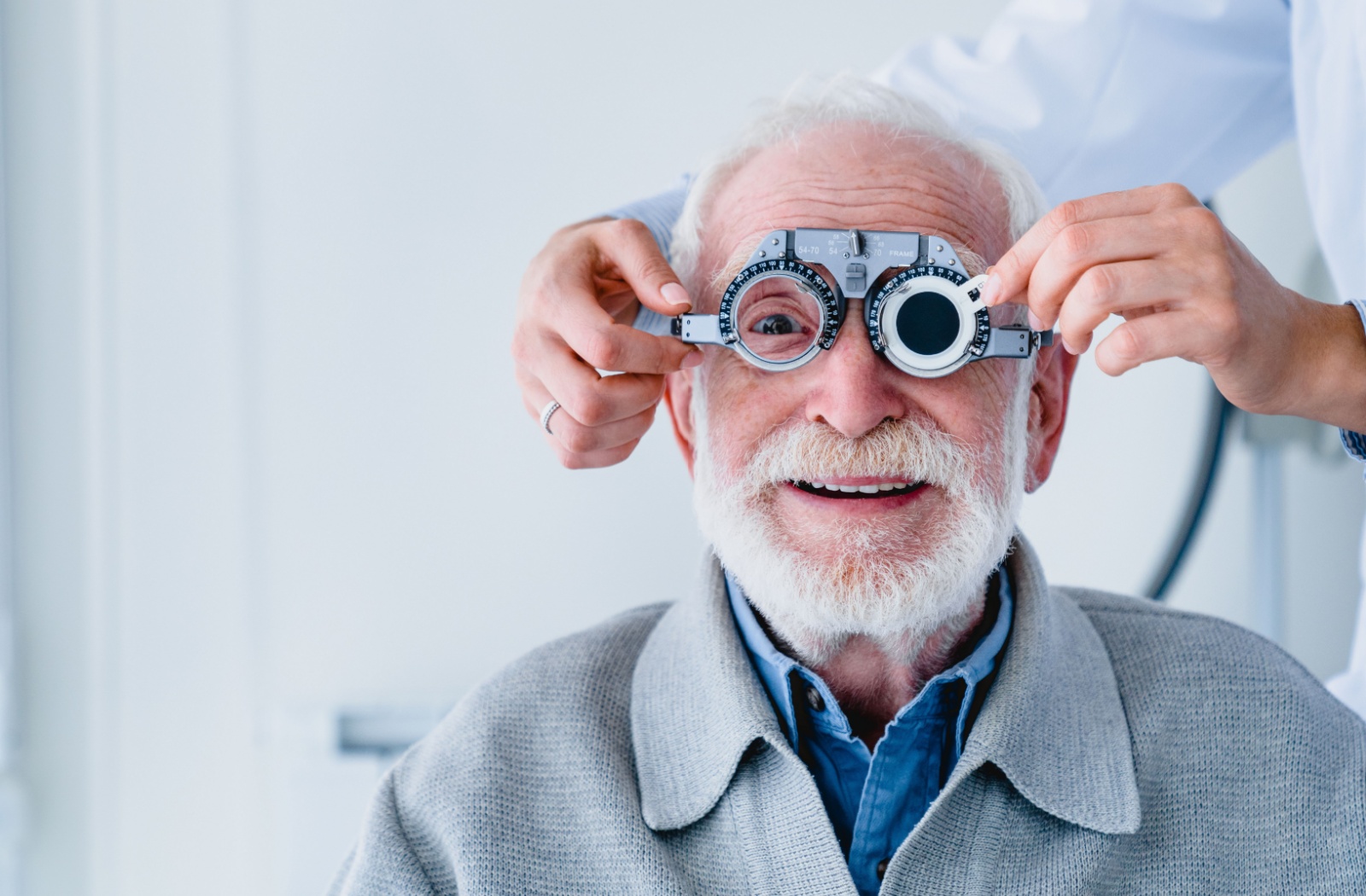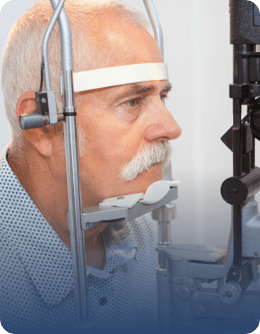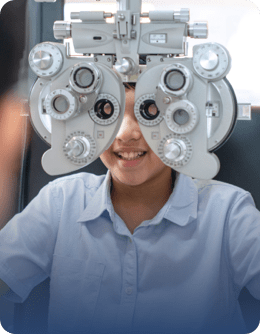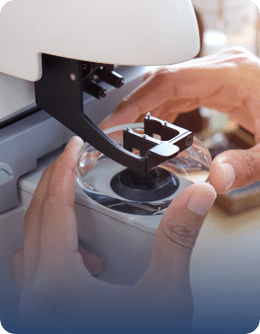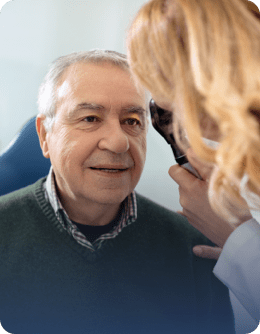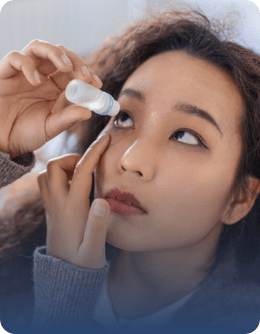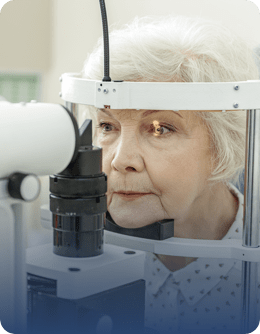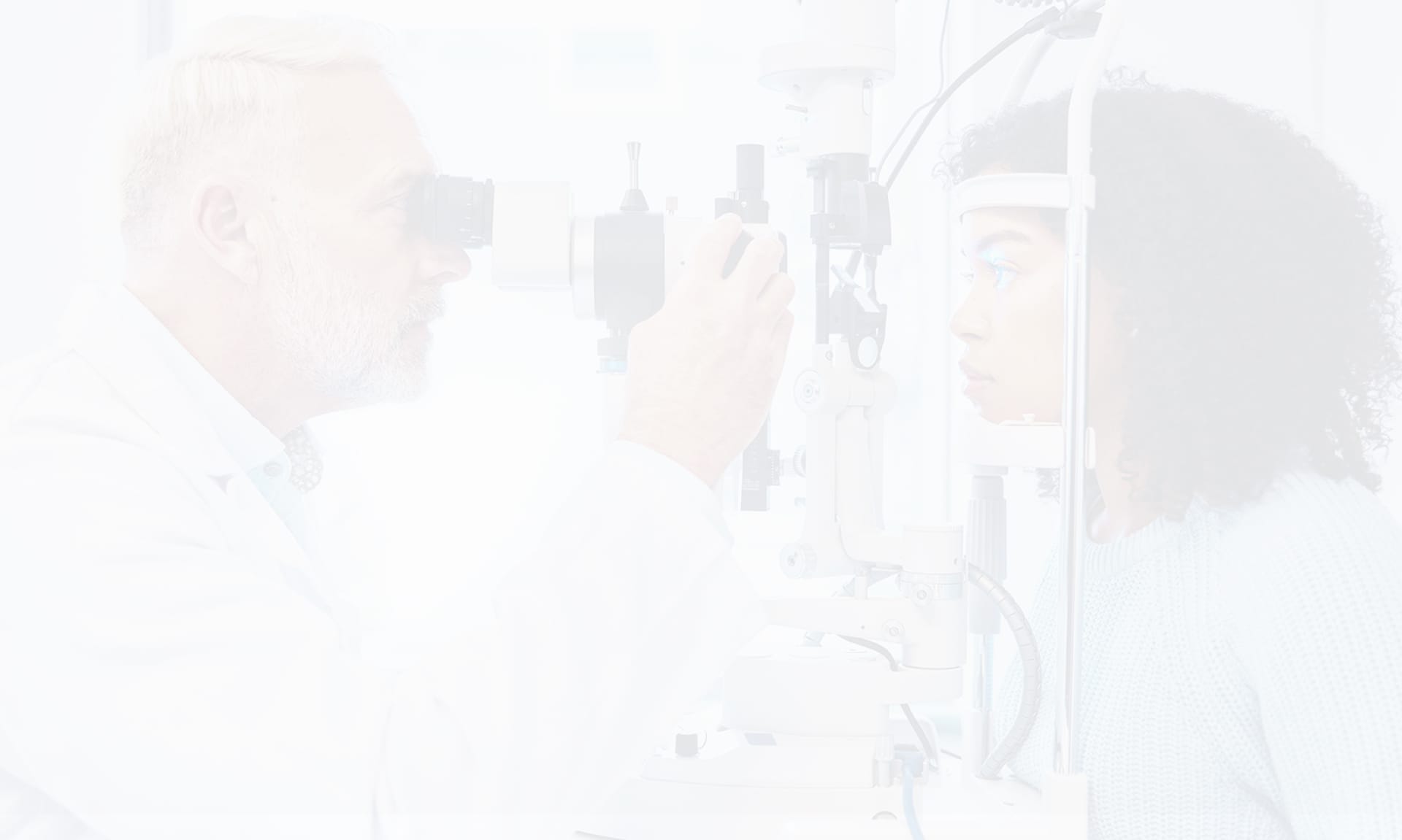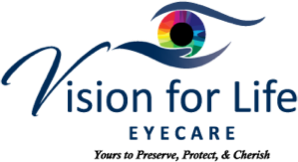Similar to other areas of your body, your eyes are susceptible to conditions and diseases that can harm their function, vision, and overall health. Macular degeneration, a progressive eye condition, is 1 of them.
Currently, there is no sure way to prevent macular degeneration entirely, but there are effective measures you can take to lower the likelihood of developing this condition. These strategies include:
- Eating a nourishing diet of whole foods and avoiding processed foods
- Quitting smoking
- Wearing UV protective sunglasses
- Maintaining a healthy lifestyle
- Getting regular routine eye exams
How Macular Degeneration Affects Vision
Take a moment to observe what’s right in front of you.
Your central vision (in your direct line of sight) is clear and sharp enough to see fine details, whereas your peripheral (side) vision is not as sharp, but still a valuable component of your visual field. A problem in your visual field, no matter how minor, can significantly alter the quality of your vision.
Macular degeneration, for example, is a serious eye condition that affects central vision. This disease primarily damages the macula, the central part of the retina responsible for sharp, detailed vision.
Macular degeneration disrupts your ability to identify fine details, making everyday tasks like reading, driving, or even recognizing faces increasingly difficult.
There are 2 main types of macular degeneration:
- Dry macular degeneration: A slower-progressing, more common form caused by the thinning of the macula and the presence of tiny clumps of protein called drusen.
- Wet macular degeneration: A less common, but more severe and rapid form. It occurs when abnormal blood vessels grow under the retina, leading to swelling or bleeding that damages the macula.
In the early stages of both conditions, symptoms are similar and can include:
- Blurry or fuzzy vision
- Difficulty seeing in low light
- Distorted central vision (straight lines appearing wavy)
If you experience changes in your vision, visit your eye doctor right away. Without proper management, macular degeneration can progress and significantly affect a person’s independence and quality of life.
Are There Ways to Prevent Macular Degeneration?
Unfortunately, the answer is no.
Although no known cure or prevention method exists, you can slow the progression of macular degeneration or even lower your risk of developing this condition in the first place.
2 key factors influence the risk of developing macular degeneration:
- Genetics: The risk of developing macular degeneration is higher if it runs in your family.
- Lifestyle choices: Your habits can play a vital role in reducing your risk.
While genetics are beyond your control, your lifestyle choices are not. This is where effective risk-reduction strategies come into play.
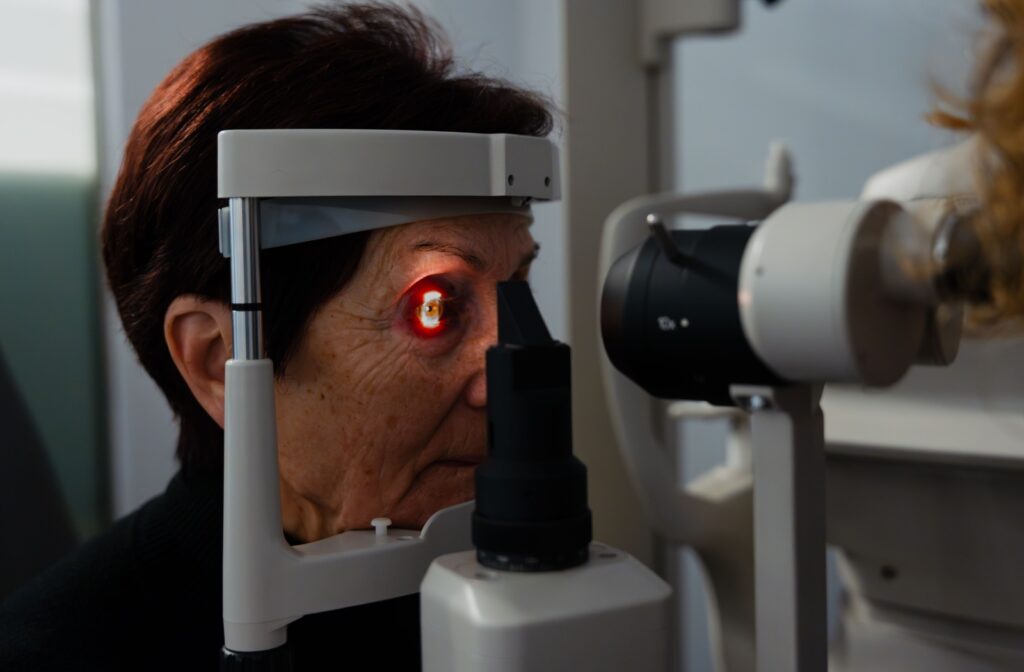
Lowering the Risk of Macular Degeneration
You might not eliminate the risk of developing macular degeneration entirely, but there are preventive measures you can take to protect your eyes and support your overall well-being.
Eat a Nutrient-Rich Diet
Food fuels your body. A diet rich in whole foods can go a long way in supporting your eye health:
- Antioxidant-rich foods like leafy greens (spinach, kale) are high in lutein and zeaxanthin. Studies have shown a link between a diet high in antioxidants and a lower risk of macular degeneration.
- Omega-3 fatty acids are found in fatty fish like salmon or supplements.
- Vitamins C and E from fruits, nuts, and seeds.
- Zinc and copper help reduce oxidative stress, which can be common in macular degeneration.
Balance is key. Nourish your body with whole, colourful foods. Avoiding the intake of processed and high-fat foods can also help reduce the risk of macular degeneration.
Quit Smoking
Smoking significantly raises your risk of developing macular degeneration. Why? Cigarettes contain harmful chemicals that damage the eye’s delicate blood vessels, which limits oxygen flow. This creates free radicals, which damage the macula.
Studies show that people who smoke have a higher risk of developing macular degeneration, almost 3 times as much as non-smokers.
Wear Sunglasses That Block UV Rays
Sunshine can do wonders for your mental health, but without sun protection, your eyes (and skin) are at risk of sun damage. Extensive exposure to UV radiation from the sun can penetrate your eyes and damage the retina, increasing the risk of macular degeneration and other serious eye conditions.
Dark-tinted sunglasses alone don’t provide solid sun protection. Invest in quality sunglasses (polarized or non) with UV protection (labelled as 100% UV protection or UV400) to shield your eyes against harmful rays.
Maintain a Healthy Lifestyle
Adopting healthy lifestyle habits benefits every aspect of your health.
- Exercise regularly to improve blood flow and maintain overall health, including eye health.
- Control chronic conditions such as high blood pressure, diabetes, or high cholesterol, as these can contribute to vision problems.
- Maintain a healthy weight to reduce the risk of hypertension and diabetes, which are linked to macular degeneration.
Schedule Regular Eye Exams
Routine eye exams encompass more than updating your vision prescription. They are your first line of defence against eye conditions, such as macular degeneration.
Everyone, regardless of age, benefits from these routine check-ins, but as a general rule:
- Children 18 and under should have annual eye exams.
- Adults 19–64 can get by with eye exams every 2 years.
- Seniors 65 and older should have a yearly eye exam.
With routine eye exams, your optometrist evaluates your overall eye health and uses modern imaging tools and techniques to identify even minor changes in your retinal health, even before symptoms develop.
Early detection facilitates timely management, and when it concerns macular degeneration, we can slow its progression for better results.
Take Proactive Steps Today for Better Vision Tomorrow
While there’s no cure for macular degeneration, these preventive strategies can help lower your risk and protect your vision. From nourishing your eyes with the right nutrients to scheduling routine eye exams, you have the power to make impactful changes today. Your vision is worth investing in. If you’re looking for trusted, compassionate eye care, Vision for Life Eyecare can help guide you every step of the way. Connect with our team to book an appointment for your routine eye exam.
